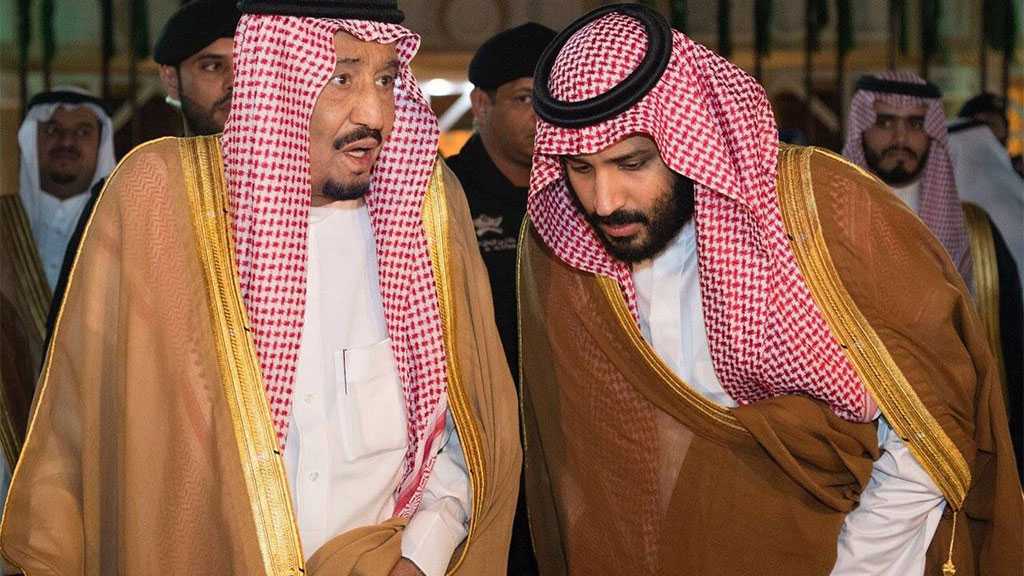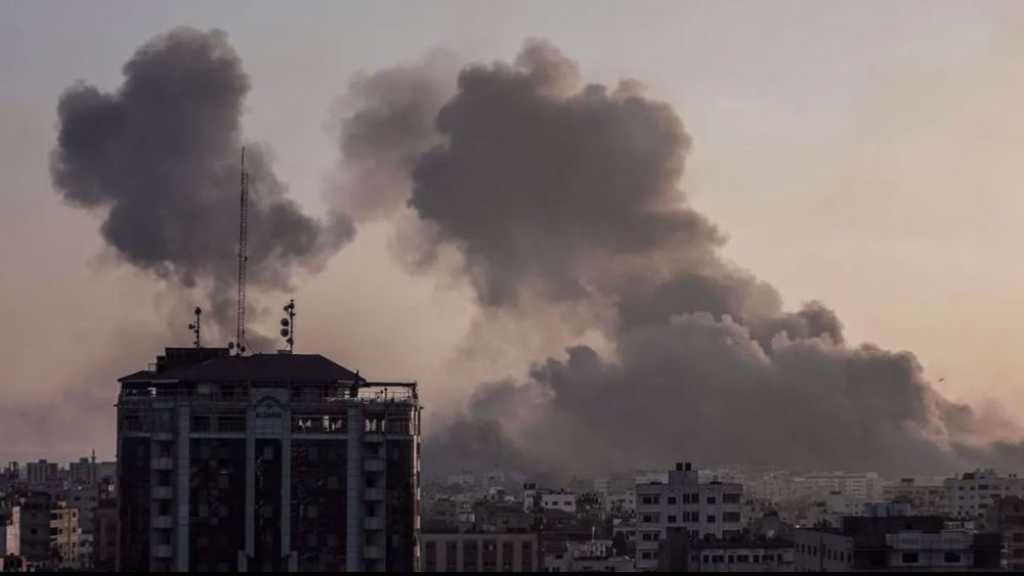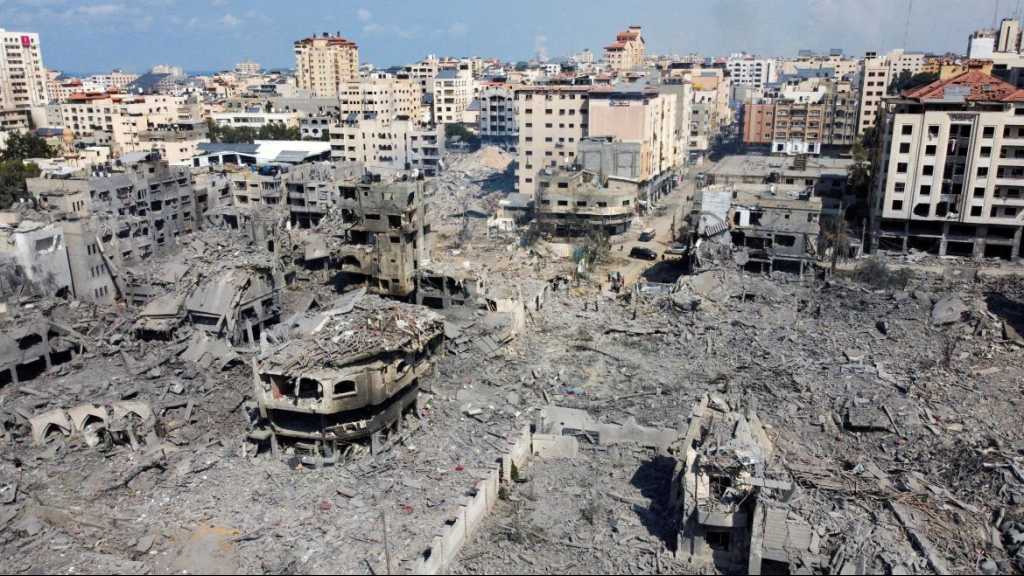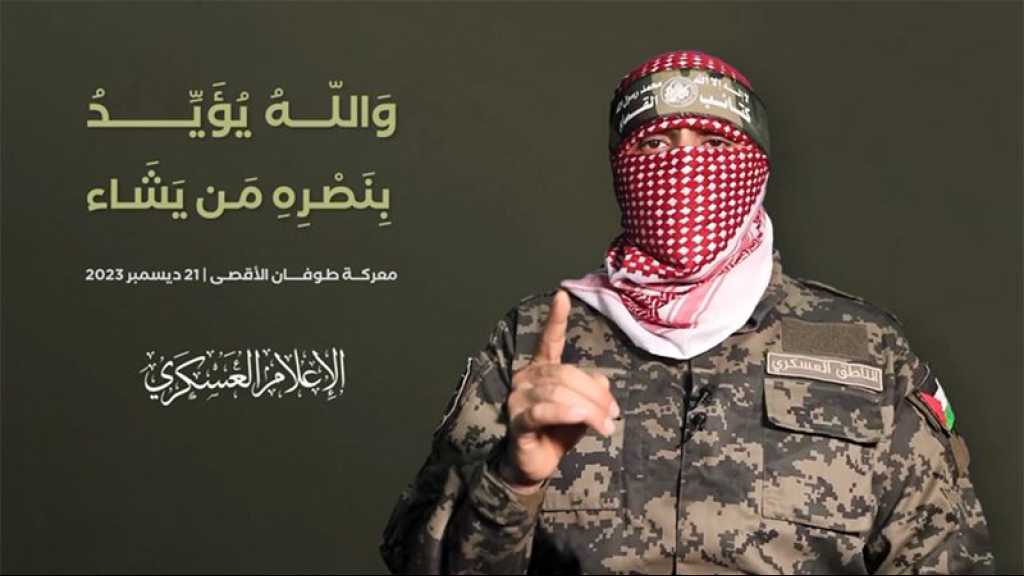
WSJ: Saudi Royals Selling Homes, Yachts as MBS Cuts Income

Source: WSJ | Edited by Al-Ahed News
The Wall Street Journal [WSJ] revealed on Sunday that “Saudi princes have sold more than $600 million worth of real estate, yachts and artwork in the US and Europe since the kingdom’s de facto ruler tightened the purse strings of the ultra-wealthy ruling family.”
The transactions represent a radical change of fortune for senior princes who funneled windfalls from oil booms in the 1970s and 1980s into some of the world’s most exclusive markets.
According to the daily, “The vast sums of money were spent largely on hard-to-sell assets or drained by spending that reached $30 million a month for some royals with large staffs and lavish lifestyles, making them vulnerable to recent changes in government policy.”
It further mentioned that “Now, some royal family members are selling assets abroad to generate cash after Crown Prince Mohammed bin Salman [MBS], the kingdom’s 36-year-old de facto ruler, dried up many of the sources of money they had used to maintain their extraordinary spending habits, said people close to the princes conducting the sales.”
“The princes need cash to pay routine bills including for property maintenance, taxes, staff salaries and parking fees for their airplanes and boats, the people said. In some cases, the people said, they are also motivated by a desire to hold less ostentatious assets to avoid attracting the attention of Prince Mohammed, who has curtailed their privileges and access to state funds in the Al Saud family since his father took the throne in 2015. The Saudi government is aware of the sales,” the WSJ reported.
“These people don’t work, they have huge staffs and they’re afraid of [Prince Mohammed]," said a person familiar with the transactions. The princes, the person added, want “cash in their back pocket and not to have visible wealth."
Among the assets sold recently are a $155 million British country estate, two yachts more than 200 feet long, and Mughal jewels gifted as wedding presents by a late king. The sellers, including former ambassador to Washington Prince Bandar bin Sultan, were once among the most powerful people in Saudi Arabia.
A representative for Prince Bandar said he has sold all his assets abroad “because he saw bigger benefits to investing in the kingdom with the amazing job the crown prince is doing and creating all the investment opportunities."
MBS has sidelined relatives viewed as potential rivals—including an uncle and older cousin detained in 2020—and curtailed perks for thousands of royals, including paid vacations abroad or electricity and water bills at their Saudi palaces. Such perks had amounted to hundreds of millions of dollars in annual costs for the Saudi government.
Top royals accumulated billions of dollars a year through oil and real estate sales as well as business deals involving the government, from which Prince Mohammed has gradually cut them off. The government is squeezing royal family members in other ways, launching this year a tax of $2,500 for each domestic worker beyond the fourth employee, costing some royals hundreds of thousands of dollars a year.
US diplomatic cables from the 1990s published by WikiLeaks show that some royals used to generate wealth by taking loans from local banks without paying them back, expropriating land from commoners, or exploiting the foreign-labor visa system for profit. People familiar with royal finances say princes continued to benefit from such schemes up until MBS came to power. A system of stipends for thousands of Saudi princes, which the US cables said cost the government billions of dollars a year, remains intact according to one of those people.
Many princes have adjusted their lifestyles due to shifts in the global economy and changes inside Saudi Arabia that have “turned off the taps," according to this person.
“They had a standard of life that was beyond any expectation," said another person familiar with the transactions. “The expenditure is out of this world. It takes time for them to adapt."
The Saudi media ministry didn’t respond to questions about the finances of royal family members.
Some of the Saudis who are currently liquidating assets were detained temporarily in Riyadh’s Ritz-Carlton hotel in 2017 in what critics called a shakedown and power play by the crown prince, who described it as an anticorruption move. Many were released only in exchange for financial settlements. Arrests of prominent figures have continued, according to the anticorruption commission.
Others selling their assets were never detained. For example, in 2021, Prince Bandar sold a $155 million country estate in the Cotswolds west of London, according to people close to him and familiar with the transaction. He was once near the center of Saudi power, and two of his children now have prominent positions as ambassadors to Washington and London. The British government in 2007 ended its probe of allegations that he was enriched from the Al Yamamah deal without making any findings. Prince Bandar has strongly denied that the sums involved represented secret commissions to him.
Prince Bandar is the son of the Prince Sultan bin Abdulaziz, one of the major branches of the royal family whose income sources have dried up under Prince Mohammed. Prince Turki was Prince Sultan’s son-in-law.
Prince Sultan’s riches accrued in large part from his access to government funds, staff and resources over nearly half a century as defense minister, say people familiar with his estate. Bank statements reviewed by The Wall Street Journal show that in one year alone, he transferred tens of millions of dollars from government accounts at the Saudi American Bank directly to proxy accounts in Switzerland to help fund his lifestyle. “That has 100% stopped," said a person familiar with the activities.
Feeling pinched by MBS’ moves, Sultan’s heirs unloaded a mansion in London’s Knightsbridge neighborhood that sold for a record $290 million in 2020, according to people close to the royals and familiar with the transaction.
One of Prince Sultan’s sons, Khalid bin Sultan, who commanded troops alongside Gen. Norman Schwarzkopf during the first Gulf War in 1991, sold a Paris mansion next to the Eiffel Tower for over $87 million in 2020 and a 220-foot superyacht in 2019, according to people close to him and familiar with the transactions.
Some of Sultan’s children are also trying to mortgage their global assets to raise money to make up for a shortfall from traditional sources of income, people familiar with those efforts said. One of them, Prince Fahd bin Sultan, was sued by Credit Suisse in November for allegedly defaulting on loans he took to refinance a $55 million superyacht and a $48 million estate south of London, court documents show.



